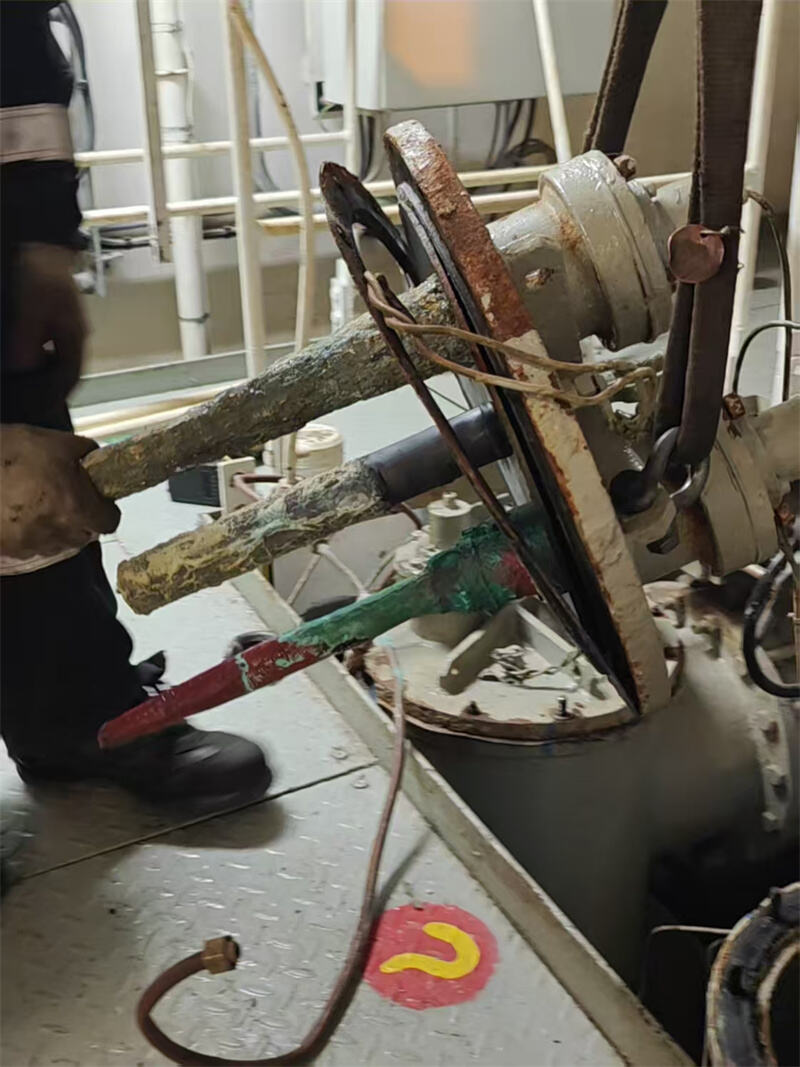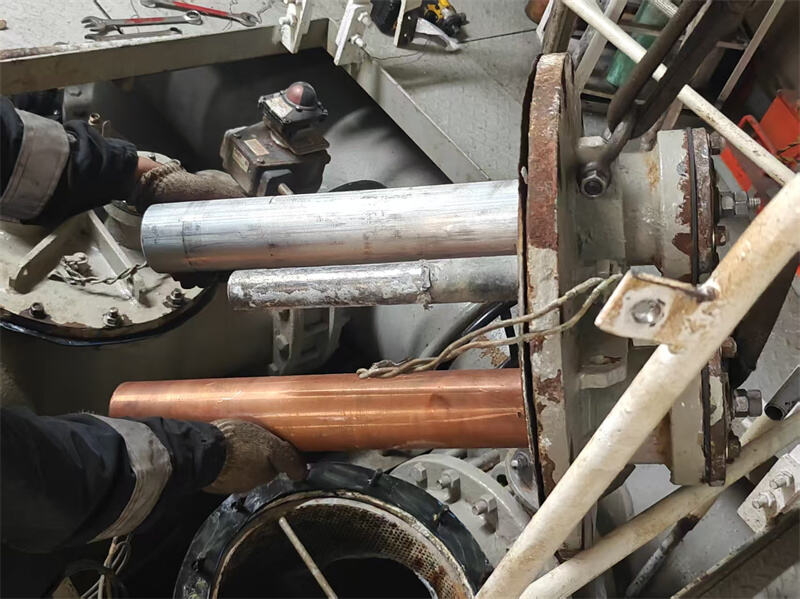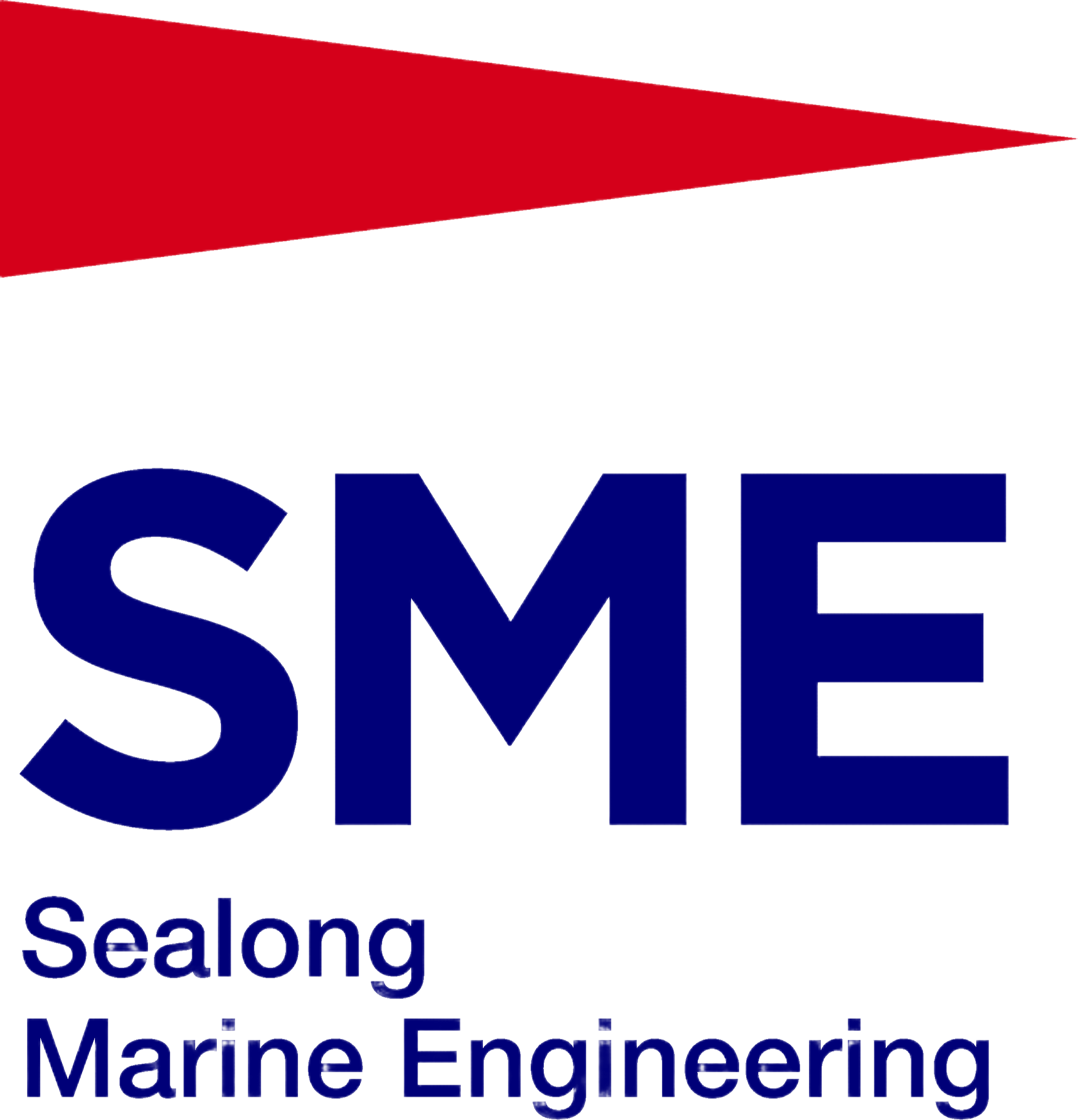Factiones maritimae obviam itum pluribus obstaculis quae comprehendunt tam tempestatum elementa severa quam etiam clades instrumentorum. Existentialis crescens maritimus periculum subestimatum significat, quod complectitur organisms sicut balani, algae, et mussels qui ad carinae naves et systemata interna adhaerescunt. Biofouling effectus adversos causat qui in navium operationem deterioratam resultat una cum maioribus dispendiis operationum et periculis securitatis. Systema Praeventionis Crescendi Maritimi (MGPS) technologia praecox quae pugnat contra pericula crescendi maritimi significat. Systema Praeventionis Crescendi Maritimi (MGPS) potest securitatem factionum maritimarum meliorare per quinque features claves.

1. Secundum rationem suam MGPS operatur ut crescentem organismorum maritimarum prohibeat quae situaciones fouling carinae causant quae optimam operationem navium faciunt.
Carinae navium patiuntur augmentum trahentis propter crescendum marinum quod reducit efficientiam combustibilis una cum velocitate navis. Situationes periculosae, quae celeritatem requirunt, fiunt periculosiores quando naves infestantur a crescendo marino. Caracteres anti-infestationis in MGPS protegunt carinas navium ab adhaesionibus organismorum, quod conservat velocitatem navis necnon capacitatem gubernandi. Usum carinarum mundarum per technologiam MGPS facit ut naves secure operent sub omnibus conditionibus marinis.

2. Defendit Systema Refrigeri ab Obstructionibus
Gubernatio caloris motoris postulat ut naves habeant systema refrigerii quod vitet defectus relationem habentes ad calorem. Praesentia organisatorum marinorum causabit defectus systematis criticis quod cum obstruunt tubos ingestionis et commutatores caloris. Systema refrigerii functionat continue quodcumque MGPS activiter prohibet bio-infestationem in his areis operationis vitalibus. Simultanee decrescit periculum defectus motoris sicut conditiones maritimae periculosae fiunt praeventabiles per usum MGPS.

3. Productus defendit structuras a damno corrosivo et deterioratio physica.
Damnum a chloridio ad materiales evenit citius quando crescunt organismi marini collecti humiditatem et chimica iuxta superficies metallicas. Vis structurae navis deterioretur cum tempore transit, quod generat pericula securitatis possibilia. Caracteres protectivi MGPS prohibent organismos corrosivos crescere, ita conservantes vitam structuralem partium navium. Naves veteres simul ac vasa operantia in conditionibus environmentalibus corrosivis hoc modum protectionis requirent maxime urgenter.

4. Meliorat efficientiam combustibilis et reducit emissiones
Crescere marinum super superficiem carinae generat trahentem additivam resultantes in consumptione superiori combustibilis quod onerat tam pecuniam quam periclitatur ambientem. Implementatio MGPS generat clausulam contra crescere marinum quod permittit navibus sustinere efficientiam operationalem et deminuere utrumque usum combustibilis et emissiones ambientales. Concordat cum finibus stabilitatis globalibus, dum citra securitatem regulas ambientales permanent in linea cum.

5. Minuit conservationem et interruptionem
Tempus servationis regularis sumitur et est costosum tollere developmentem maritimam. Multo magis importante, saepe necessitantur naves extrahere de servitio, quod dat minoris manus navali. MGPS magnopere minuit requisitionem talium conservationum, permitte navibus permanere diutius. Minuit interruptionem et securitatem certificat quod navalis potest complere suum schedulam tute et firmiter.

Conclusio
Systema praeventionis crescendi marini (MGPS) est plus quam solum unum instrumentum ad efficiendam meliorem - hoc est technica importantis ad augeandam securitatem navium maritimorum. Praeveniendo biofouling, MGPS certificat optimam navigationem navis, protegit systema vitalia, et minuit periculum accidentium in mari. Pro dominis et operatoribus navium, investire in MGPS est gradus activus ad operationem tuta, longiora et minus onerosa.

Sive tu administras parvam classem an magnam operationem navalem, MGPS est mutatio ludi quae servat naves tuas - et equipages tuos - in aquis apertis.
Index rerum
- 1. Secundum rationem suam MGPS operatur ut crescentem organismorum maritimarum prohibeat quae situaciones fouling carinae causant quae optimam operationem navium faciunt.
- 2. Defendit Systema Refrigeri ab Obstructionibus
- 3. Productus defendit structuras a damno corrosivo et deterioratio physica.
- 4. Meliorat efficientiam combustibilis et reducit emissiones
- 5. Minuit conservationem et interruptionem
- Conclusio

 EN
EN








































